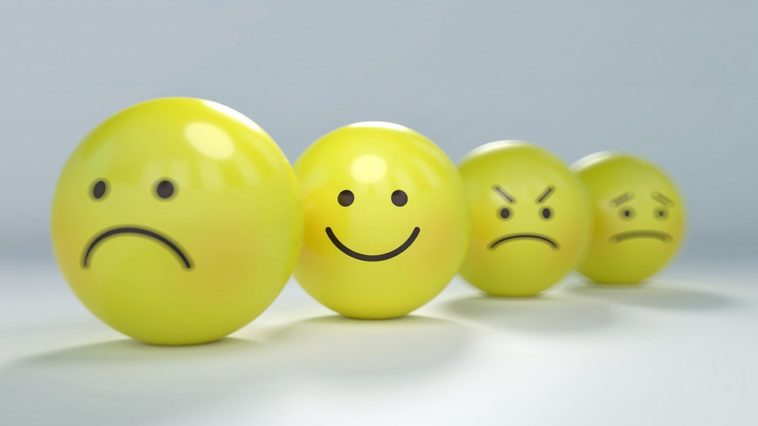h2>Dating : Science of Emotions
What are emotions? how we get these feelings?
Why do we smile, when pleased, and not scowl? Why are we unable to talk to a crowd as we talk to a single friend? Why does a particular maiden turn over wits upside-down? The common man can only say: “Of course we smile, of course our heart palpitates at the sight of the crowd, of course we love the maiden. And so, probably, does each animal fell about the particular things it tends to do in presence of certain objects…”
Ancient Greek
According to Ancient Greek Philosopher Hippocrates there are four humors which are Black Bile, Yellow Bile, phlegm bile and blood bile and emotion health depended on balance of all these four humors and when these four humors were out of balance both mental and physical disease can take over.
Aristotle who was an Ancient Greek philosopher and scientist who is still considered one of the greatest thinkers in politics, psychology and ethics. Advocated this principle of moderation essentially saying that part of what an emotion is and part of what sort of predicts emotional health is finding a balance not having too little emotion or having too much emotion is so he stressed that this was really important principle of emotional functioning both of these theories however still saw emotions as somewhat inferior to or in conflict with both reason and rationality
Darwin’s Theory of Expression of Emotions in Man & Animal
Darwin advocated that emotions are not simple irrational that they actually serve an important purpose for humans in both communication and also aiding in our survival so he therefore argues that emotions did evolve via natural selection and that they were not specific to human and that we also see them in animals as well.
So, this work thinking about this evolutionary approach to emotion really paved the way for future research not only trying to understand the function of the emotion across time but also for more recent theories looking at the physical and neurobiological kind of underpinnings of emotion today.
William James Physiological Approach
When William James though about the question of what is an emotion he advocated what we think of this now as the physiological approach so he really argued that the essence of emotions is a physiological response and that each emotion has a specific sort of profile in the body certain pattern of heart rate certain pattern of muscle tension and in this way emotions are really secondary to sort of bodily or physiological phenomena so he would argue for example that you might have stimulus in the environment a snake as you can see here followed by certain physiological response in the body such as your heart rate increasing and that is what would lead to the experience of the emotion such as fear he worked with his student to sort of to further push this idea of physiological approach and together they wrote that the perception of bodily states as they occur is the emotion
2-factor theory of emotion
Schachter-Singer then came along and proposed what they called two -factor theory of emotion so here they say the appraisal of the physiological experience define and determines the emotion so in other words they suggested that physiological reactions contribute emotion experience by really facilitating a certain kind of cognitive appraisal or way that you evaluate what’s going on in your body and that evaluation is what really defines and give rise to the emotion itself so again they talked about two factors and emotion or two stage and they go something like so in the first stage you see physiological arousal in response to a evoking stimulus such as the snake here and then second you have what they though of as cognitive elaboration or a way in which you’re appraising the meaning of your heart rate increasing and it’s the way you think about what that heart rate means that simultaneously gives rise to the experience of the emotion or fear so if you interpret your heart rate as a sign that something’s threatening you’re likely to feel fear if you interpret your heart rate as something exciting the environment you’re less likely to experience fear perhaps more likely to experience something like happiness or joy.
Feeling of Anger, hate, love and joy are natural responses for humans, emotions has been always to be subjective feelings that differs person to person. Emotions are very complex field of study for scientists due to its uniqueness which make them nearly unimaginable.
If you like the article please clap and visit my website for more interesting articles.



